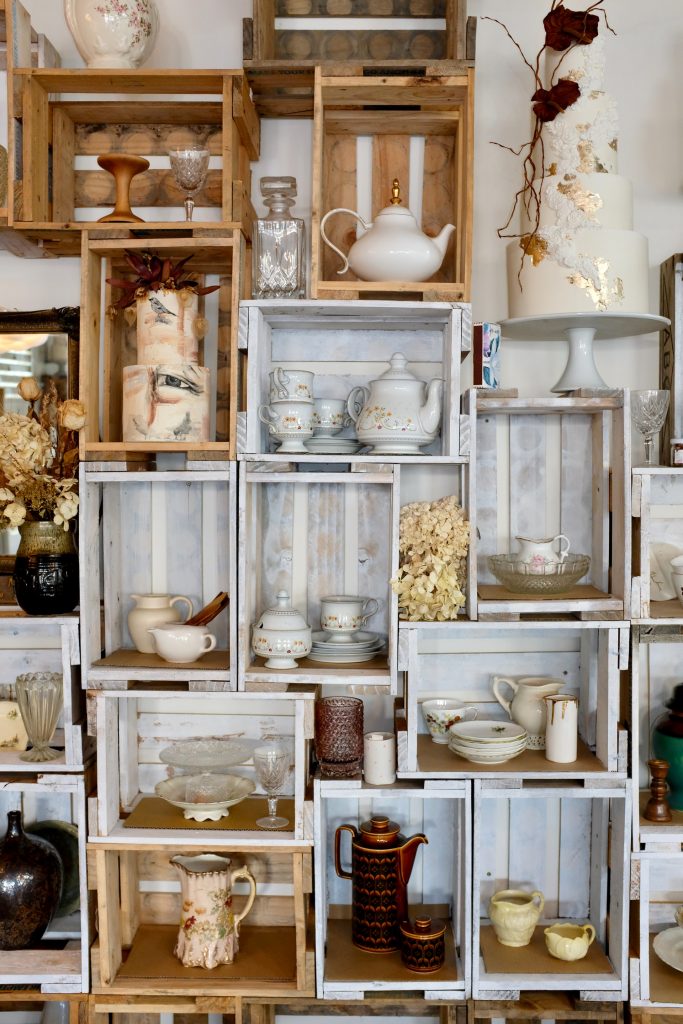
If you’ve always wanted to be handy at home and complete some of your own home improvement projects but just haven’t done it before, there are a few things that you’ll want to know and have before you set to work on anything. Otherwise, you could wind up in over your head with a home that’s more destroyed than put together.
To help you get ready for any projects that you have on your to-do list this year, here are three tips for starting your first DIY home projects.
Err On The Side Of Over-Planning

For many first-time DIY-ers, the excitement about working with your hands and accomplishing something can cause them to start on the project before they should. And when this happens, it can be easy to lose track of what you’re doing and make mistakes.
To keep this from happening to you, it’s vital that you spend a big chunk of time planning what you’re wanting to do and how you envision executing your plan. This can be done by creating drawings of what you plan to do, taking all kinds of measurements, creating a timeline, budgeting appropriately, and more.
While this might seem like a lot to do before you even get started on any of the work of your project, by doing this preliminary work, you can ensure that once you set off on your DIY project, you won’t have to back-track or take any diversions before you finish.
Get The Proper Tools

For those who haven’t done many home improvement or DIY projects in the past, you’re likely lacking in the tool department as well. But getting all the tools that you could possibly need right now can be hard, not to mention expensive.
To deal with this, you may want to start by only doing projects that require the basics as far as tools go. If something needs more tools than a drill, miter saw, and a brad nailer, you might want to hold off on that project until you can slowly gather more of the tools that you need.
Make Sure You’re Comfortable With The Scope
Not all DIY projects are going to be a good match for beginners. To determine if you’re going to be able to actually complete a project, you should think about the scope that’s required and the skills needed to do each part of the project.
If you come to find in your planning that you’ll need to do something that you don’t know how to do or that is more complicated than you imagined, make sure you take the time beforehand to learn how to do this or find someone else who can until you gain the expertise required.
If you’re going to be dipping your toes into the DIY water, consider using the tips mentioned above to help you get started.
Thanks to all the companies linked above.

